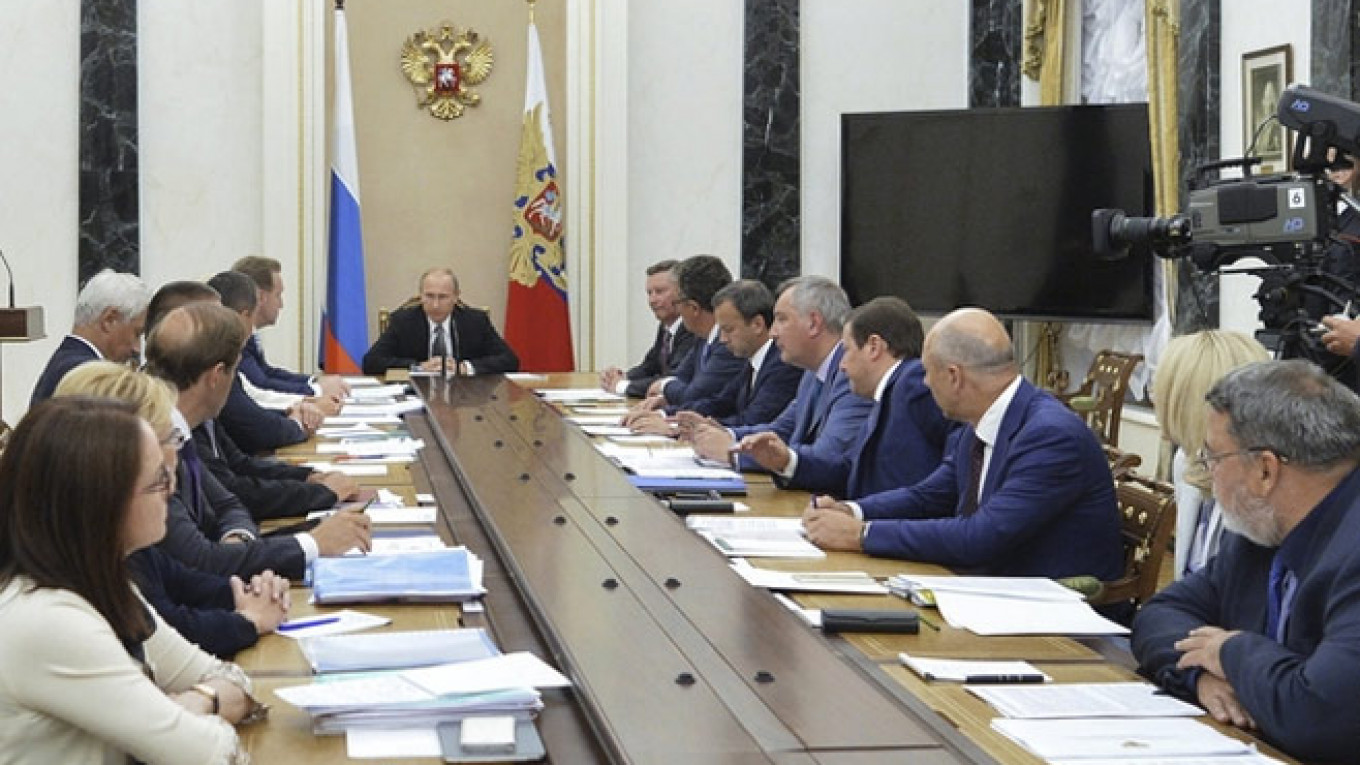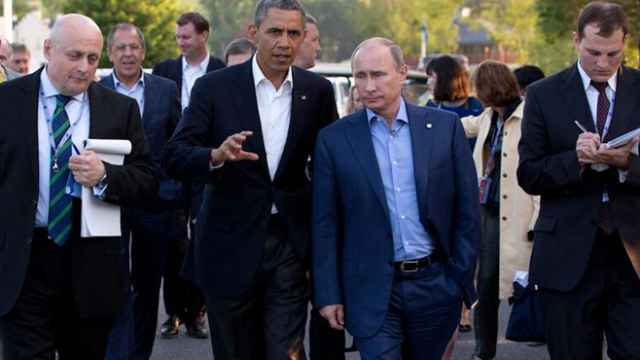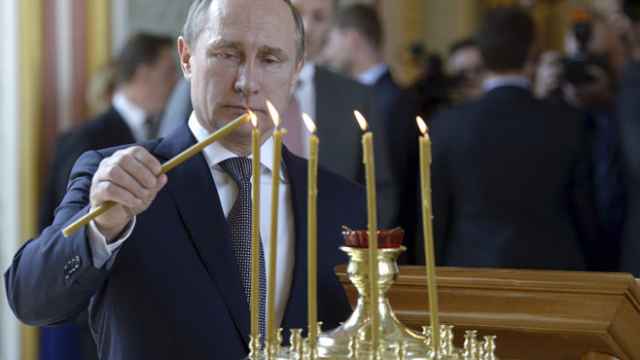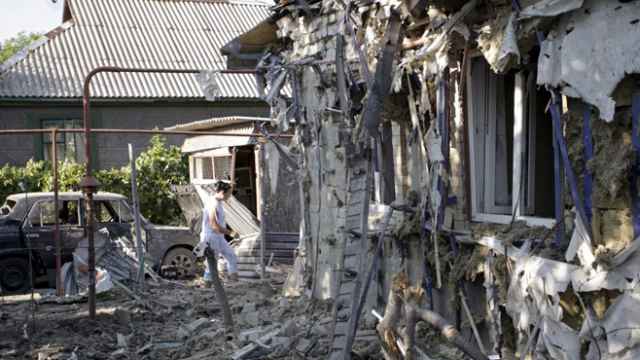The sense of desperation was conveyed by Russian Foreign Minister Sergei Lavrov's awkward statement last week that Moscow would view positively a U.S. request for a bilateral Obama-Putin meeting on the sidelines of the United Nations General Assembly in New York.
"Perhaps some multilateral UN General Assembly events may bring the presidents together," Assistant Secretary of State Victoria Nuland told TASS news agency.
Lavrov mused that Moscow is hearing signals from Washington that it would be nice to restart the Bilateral Presidential Commission, suspended after Crimea. "[There will be] no change in posture [on this] in the coming period," Nuland shot back.
For a Kremlin that dispatches strategic bombers to California's coast on July 4, it is odd to appear to be longing for Obama's attention. But Moscow is stuck in the Donbass, bleeding money, and it needs Washington to help break the deadlock.
There is a growing sense in Moscow that the "Minsk-2" process is dead-ended, with Germany and France unwilling to apply enough pressure on Kiev to force it to accept the constitutional changes demanded by Russia-backed separatists.
Now the hope is to try to reach a strategic accommodation with the United States on a mix of issues with implicit linkages to Ukraine. The Kremlin has been encouraged by Obama's praise for Russia's help on the Iran deal and potential cooperation on Syria and impressed by Nuland arm-twisting Kiev into adopting the constitutional changes required by Minsk-2.
Moscow seeks to create the right set of incentives on Syria and the Islamic state — although Russia's effort to "transition Assad out" is still underwhelming — to draw Washington into a discussion on global stability.
Within such a strategic framework, Russia's withdrawal from eastern Ukraine under Minsk-2 could be traded for U.S. commitments to respect Russia's security interests in Europe, understood primarily as NATO's no-go into Ukraine and Georgia. Essentially, Putin needs Obama to provide the "geopolitical cover" for his retreat from Ukraine.
This approach grossly misreads Washington. While there is scope for compartmentalizing on Syria, the root problem, as Nuland made clear, is Russia's change of borders by force.
A path to accommodation would require a credible policy correction from Moscow to return to the good graces of the international law. It's hard to see either side cutting a deal on this one.
Vladimir Frolov is president of LEFF Group, a government relations and PR company.
A Message from The Moscow Times:
Dear readers,
We are facing unprecedented challenges. Russia's Prosecutor General's Office has designated The Moscow Times as an "undesirable" organization, criminalizing our work and putting our staff at risk of prosecution. This follows our earlier unjust labeling as a "foreign agent."
These actions are direct attempts to silence independent journalism in Russia. The authorities claim our work "discredits the decisions of the Russian leadership." We see things differently: we strive to provide accurate, unbiased reporting on Russia.
We, the journalists of The Moscow Times, refuse to be silenced. But to continue our work, we need your help.
Your support, no matter how small, makes a world of difference. If you can, please support us monthly starting from just $2. It's quick to set up, and every contribution makes a significant impact.
By supporting The Moscow Times, you're defending open, independent journalism in the face of repression. Thank you for standing with us.
Remind me later.








